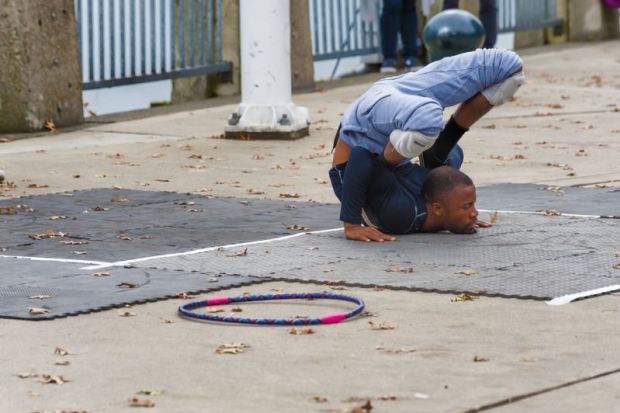Staff at European universities have relatively little experience or confidence in key aspects of internationalisation despite rating this work as highly important, according to a study.
A survey of almost 8,000 academic and professional staff at 13 universities across Europe found that 78 per cent thought that receiving support for working internationally − such as training courses on managing diversity and developing intercultural and global skills − was important, but just 39 per cent said they were experiencing this in practice.
Between 81 per cent and 92 per cent of staff also rated other aspects of global partnerships as important, including understanding relevant background information for working with an international partner and building good relations and communicating effectively with partners. However, in each case, the share of staff who said they were confident in their handling of these aspects was between 21 and 29 percentage points lower, according to the Global Education Profiler survey from i-graduate.
When it came to internationalisation at home, 88 per cent of staff said feeling able to maximise the benefits of a diverse classroom in terms of student engagement was important, and 94 per cent said teachers interacting well with all students in a diverse classroom was important. But only 61 per cent and 72 per cent, respectively, reported being confident about achieving these outcomes.
Meanwhile, 95 per cent of respondents said it was important for staff to feel valued and receive support to become part of the university community, but only 54 per cent and 55 per cent, respectively, said they experienced this in practice.
Helen Spencer-Oatey, professor of applied linguistics at the University of Warwick, who co-developed the survey and presented the findings at a recent Tribal Group webinar on “Optimising international collaboration and partnerships in the post-pandemic HE landscape”, said institutions needed to think about how to address these large gaps between perceptions of importance and levels of experience and confidence in aspects of internationalisation.
“One of the interesting and sad things is that there have been quite a number of projects and resources developed to help students, and there is really very little pre-developed for staff. I think that’s one thing the whole sector needs to look at,” she said.
She added that this was an area where collaboration across universities to develop suitable training, rather than individual institutions attempting to tackle the issue separately, could be most effective.
A student version of the survey, which Professor Spencer-Oatey presented in 2018, found that half of students at six European universities were not experiencing key aspects of internationalisation, while a quarter thought that internationalisation was of little importance.




